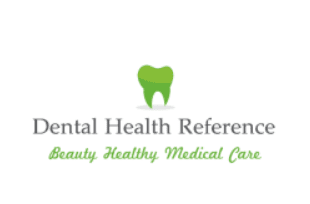Pollen or dust allergy can affect oral health
The Spanish Society of Periodontics and Osseointegration (SEPA) provides 5 tips to alleviate the consequences of allergy on oral health.
Common Effects of Allergy:
- Pain and sensitivity
In order to fight external agents that cause allergy to our body such as pollen or dust, the immune system of the airways secretes mucus. This can accumulate in the maxillary sinuses and exert pressure on the upper molar teeth causing pain in the area.
- Dehydration, dry mouth, caries and bad breath
Taking certain antihistamine medications against allergy symptoms can cause, as a side effect, dry mouth. Having the nostrils clogged by the mucus, we breathe through the mouth. As the American Asthma and Allergy Foundation (AAFA) says, “When your nasal ducts are blocked, you are forced to breathe through your mouth more than normal. Mouth tissues are dried by constant contact with air and the presence of bacteria. […] the lack of fluids that accompanies allergic rhinitis can lead to mild dehydration.” Lack of saliva increases the risk of caries or bad breath.
5 tips:
- Hydration
Drink plenty of water to keep your mouth and the rest of your body hydrated. It also helps to remove excess fluidizing mucus by removing it.
- Saltwater gargoyles
Gargling warm salt water helps to remove mucus from sinuses, relieving pain.
- Correct dental hygiene
Follow proper oral hygiene since, as it does not have so much saliva, the tooth is more exposed to caries.
- Allergy Treatment
A doctor should monitor the allergy in order to relieve symptoms.
- Dentist
Go to the dentist to determine that the pain you feel is allergy or for another reason, to control the risk of caries, to perform periodic oral hygiene and to receive specific recommendations.
